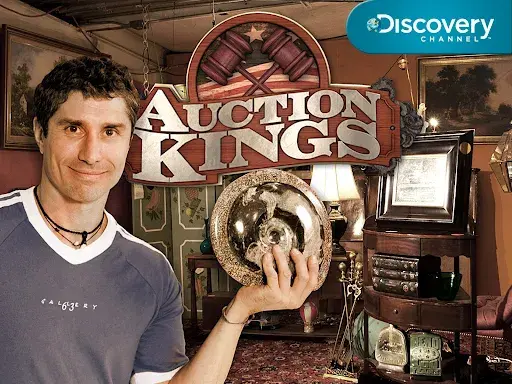Hong Kong Auction Results Remain Strong Despite Political Changes
This year has posed numerous challenges to the global art market, from shifting political landscapes to the COVID-19 pandemic. Hong Kong has recently navigated both. Despite concerns about the city’s reopening and changing national security laws, art auctions in June and July brought strong results to many major auction houses.
“Artworks have an inherent value within a global marketplace, which should not be impacted by short-term political events in any one region,” said Jonathan Crockett of Phillips to Artnet News. “In the long term, art has consistently proven to be a safe investment.”

Recent auction results support this trend. Many Hong Kong auctions that were slated for earlier in the year are now running smoothly, both live and online. Christie’s reports sales results of HKD 1.84 billion (USD 239 million) across their first few Hong Kong auctions of July. Especially successful was the auction house’s Modern and Contemporary Art Evening Sale, which achieved HKD 821,327,500 (USD 106,488,778) and included sold-out selections from Western artists.
Sales at Sotheby’s Hong Kong have also had positive showings, particularly at the July 8th Modern Art Evening Sale. Leading the lots was Quatre Nus, a 1950s oil on masonite piece by Sanyu. This painting by the “Chinese Matisse” sold for HKD 258,341,000 (USD 33,327,000) after a competitive four-way bidding battle.
Supporting many of these Hong Kong auctions is a new generation of collectors. A 2019 Art Basel report cites rising rates of millennial auction bidders around the world, particularly in Asia. Approximately 39% of Hong Kong collectors now belong to the group.
“[The market is seeing] new clients who have money and don’t feel intimidated by starting to collect on the internet, which — with no art fairs or live auctions up to now — is where all the sales activity has had to turn,” says Wendy Goldsmith, a London-based art advisor. Internet bidding has sustained the Hong Kong art market over the last several months of lockdown and is expected to remain important.

This market resilience is being tested as the political situation in Hong Kong develops. Beijing’s passage of a new national security law for Hong Kong has sparked concern over the city’s autonomy and civil liberties, which have been enjoyed by the former British territory since 1997. The law criminalizes acts of succession, subversion, terrorism, and collusion with foreign forces, as described by BBC News. In the long term, the law could change daily life in Hong Kong and potentially suppress pro-democracy actions. The New Yorker reports growing worries about censorship among artists and creatives: “There’s a sense that, whatever we create, we are trapped in another’s narrative of what Hong Kong should be.”
Many industry leaders agree that the legislative change has yet to significantly affect the art market. This stability was reinforced by strong auction results during the city’s pro-democracy protests in 2019, as well as the success of recent sales. “Our clients are totally adjusted and can accommodate whatever measures we put in place. It’s not a concern,” Patti Wong, the chairman of Sotheby’s Asia, recently told the press.
For now, the auction industry remains relatively disconnected from these developments. Local and contemporary Hong Kong artists have featured prominently in recent Christie’s, Sotheby’s, and Phillips auctions, many setting new individual records within the last two months. “There is tremendous interest in art coming from Hong Kong these days,” said Willem Molesworth, director of the de Sarthe Gallery in Hong Kong. “The city is one of the most important sites of the 21st century economically, socially, and politically, so the interest should come as no surprise.”
Coming auctions in Hong Kong include sales of fine wine and whisky with Bonhams and Chinese art with Sotheby’s. Visit each auction house’s website for more information on these events and past sales results.









